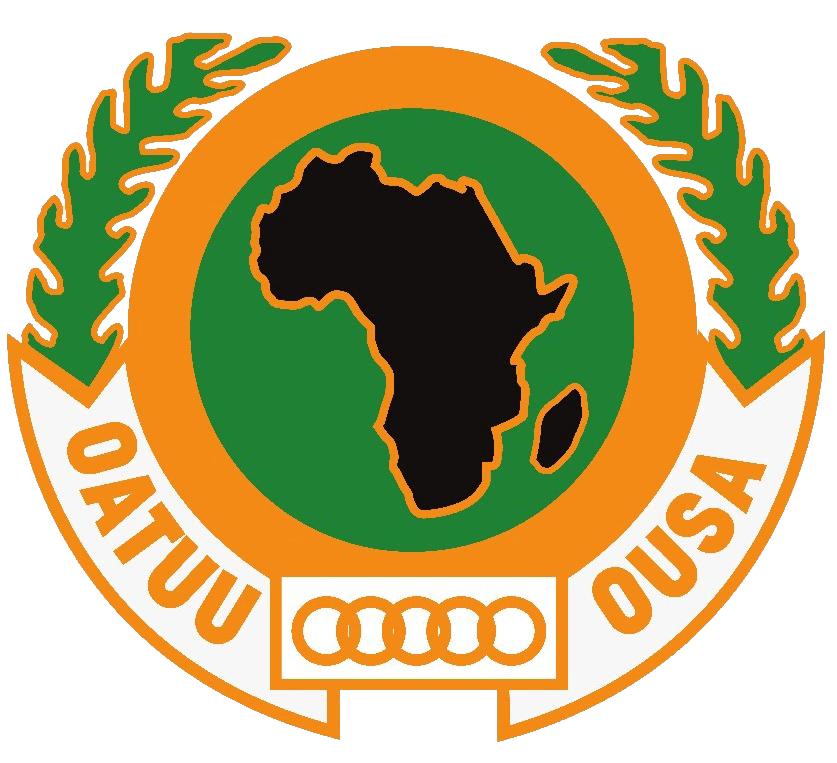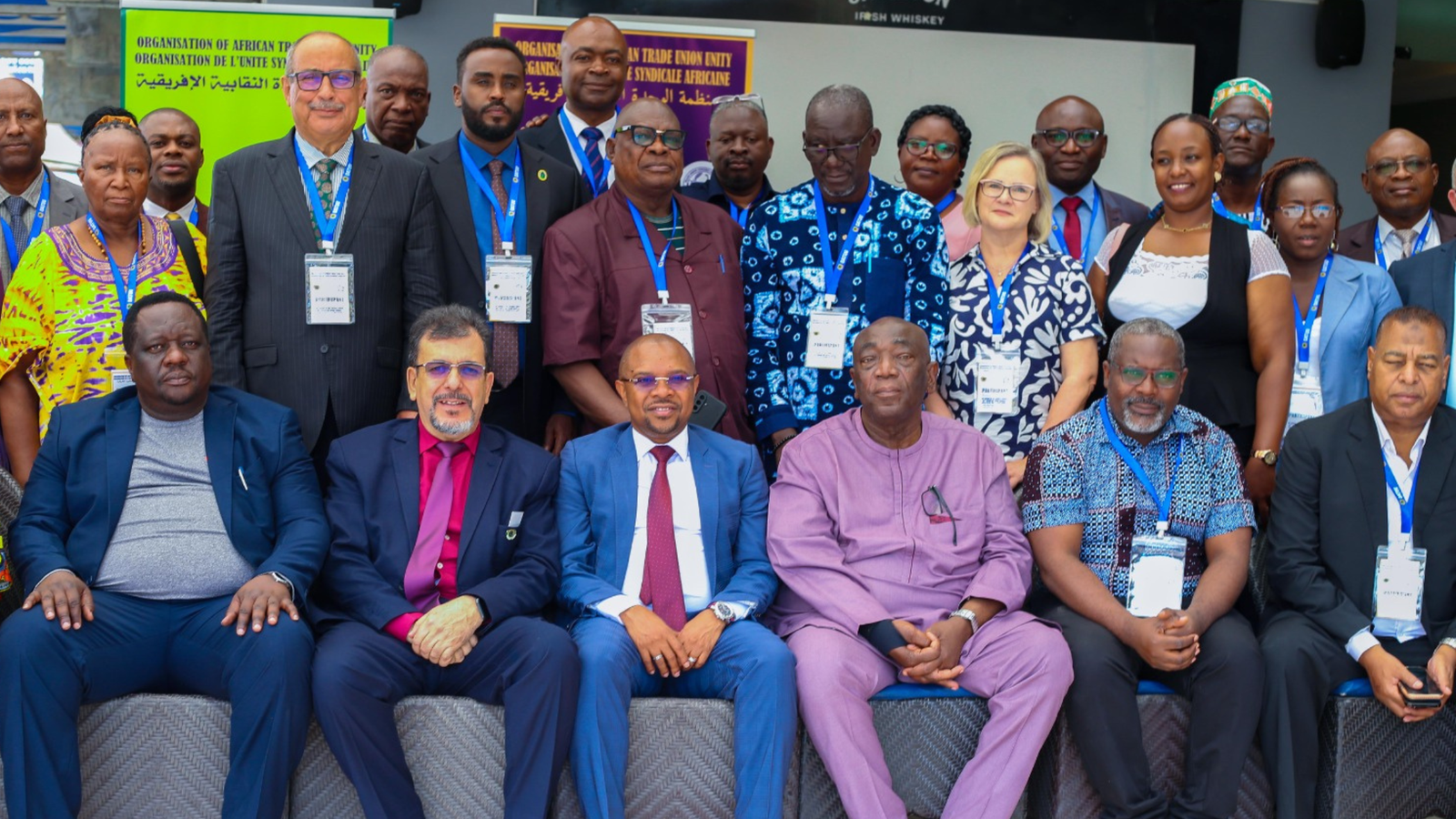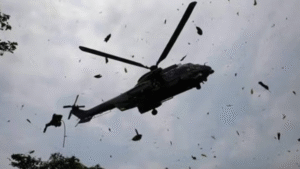The Organisation of African Trade Union Unity (OATUU) has convened its 46th General Council in Dar es Salaam, Tanzania, hosted by the Trade Union Congress of Tanzania (TUCTA) from 20th to 22nd August 2025. The gathering brought together over 20 African trade union leaders, Tanzanian government officials, and international partners including the ILO, HAK-IS, and Memur-Sen.
The Council began with a two-day workshop (20–21 August) organised in collaboration with ILO-ACTRAV under the theme: “Trade Unionism in the Face of New Challenges – What Strategies to Adopt for the Future?” This workshop set the tone for the Council by fostering critical discussions on how unions can adapt and remain relevant in today’s rapidly changing world of work.
In his opening address, OATUU Secretary-General, Comrade Arezki Mezhoud, urged unions to embrace self-reflection, inclusivity, and innovation, stressing that only by adapting can African unions continue to serve as key actors in democracy, social dialogue, and sustainable development.
Echoing this, OATUU Vice President, Comrade Joshua Ansah, underscored the importance of the ACTRAV-ILO workshops in equipping unions with tools to address pressing challenges such as decent work deficits, social injustice, and inequality.
The Tanzanian Minister of Labour, Hon. Ridhiwani Jakaya Kikwete reaffirmed government’s commitment to partnership with unions to ensure better wages, working conditions, and inclusive growth. Meanwhile, TUCTA President, Comrade Peter Tumaini, reminded delegates that worker challenges cannot be tackled by one union or country alone, calling for cross-border solidarity and collaboration.
ACTRAV Desk Officer for Africa, Madam Hilma Mote highlighted that worker democracy is central to broader democratic societies, while warning that declining union membership threatens union influence.
The workshop, led by Senior Specialist, ILO-ACTRAV, Mr. Rafael Peels explored strategies to counter union fragmentation through unity, creativity, and long-term foresight. Delegates engaged actively, raising concerns such as political interference, youth disengagement, weak internal democracy, and the need to collaborate with CSOs and NGOs rather than compete.The first two days of deliberations concluded with a common recognition: to thrive in the 21st century, African trade unions must harness unity, resilience, and Pan-African solidarity.



